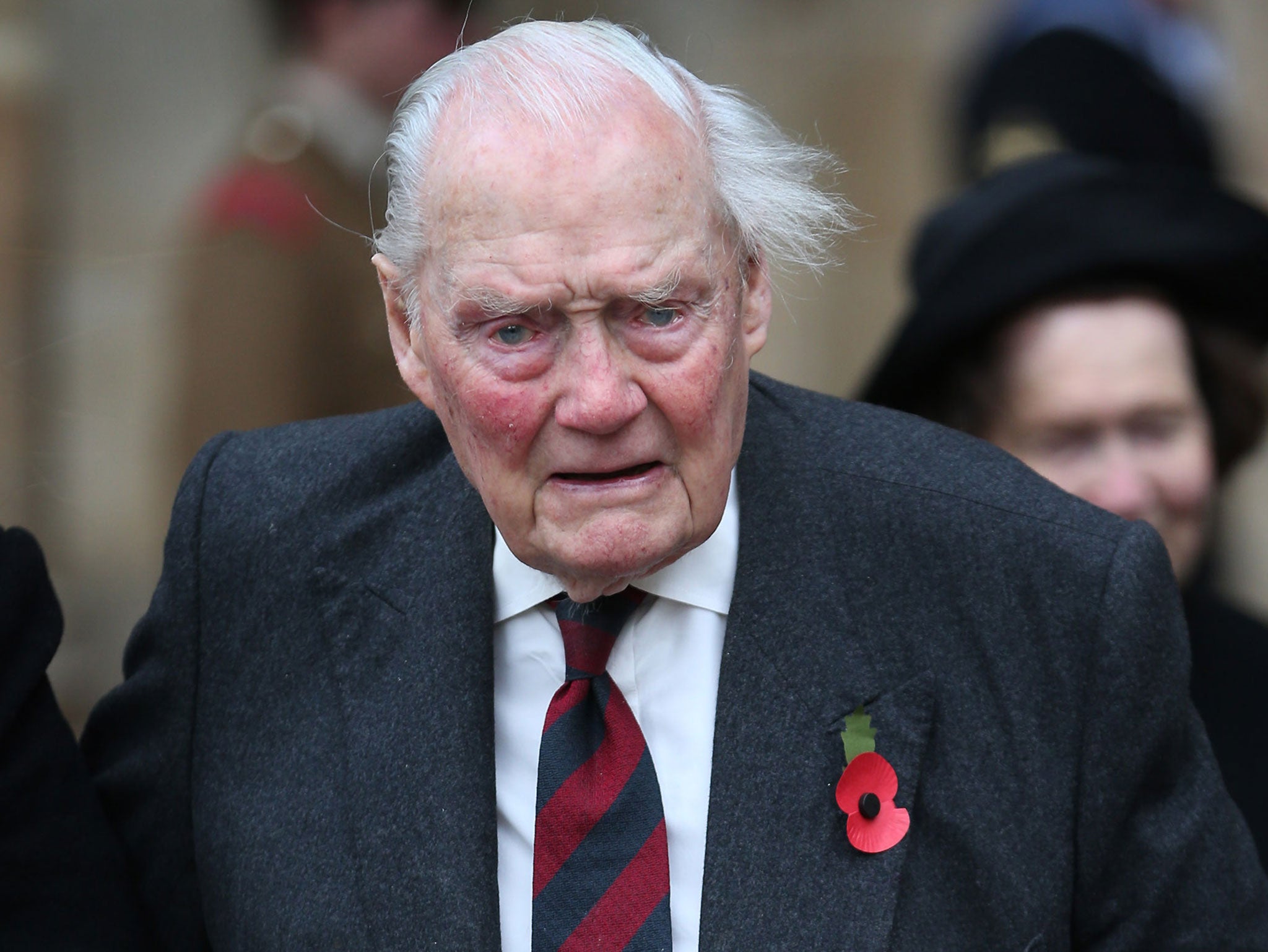Duke of Wellington dies ahead of 200th anniversary of Battle of Waterloo
The Duke was a descendant of the first Duke of Wellington

Your support helps us to tell the story
From reproductive rights to climate change to Big Tech, The Independent is on the ground when the story is developing. Whether it's investigating the financials of Elon Musk's pro-Trump PAC or producing our latest documentary, 'The A Word', which shines a light on the American women fighting for reproductive rights, we know how important it is to parse out the facts from the messaging.
At such a critical moment in US history, we need reporters on the ground. Your donation allows us to keep sending journalists to speak to both sides of the story.
The Independent is trusted by Americans across the entire political spectrum. And unlike many other quality news outlets, we choose not to lock Americans out of our reporting and analysis with paywalls. We believe quality journalism should be available to everyone, paid for by those who can afford it.
Your support makes all the difference.The eighth Duke of Wellington has died, aged 99.
Arthur Valerian Wellesley passed away peacefully this morning at his Hampshire home, the Stratfield Saye Estate, his spokesperson confirmed.
A family funeral will be held at Stratfield Saye church on 8 January and a memorial service will take place in London, although the date has not been announced.
Wellesley was a descendant of the first Duke of Wellington who fought the Battle of Waterloo and died in 1852.
Wellesley’s death comes just six months ahead of the 200th anniversary of the Battle of Waterloo in which the British army defeated Napoleon in what was then the United Kingdom of the Netherlands and is now Belgium.
Wellesley highlighted the importance of the anniversary ahead of his death.
“I am often asked whether we should not now, in these days of European unity, forget Waterloo and the battles of the past,” he is quoted as saying on the Wellington 200 website.
“My reply is, history cannot be forgotten and we need to be reminded of the bravery of the thousands of men from many nations who fought and died in a few hours on June 18 1815 and why their gallantry and sacrifice ensured peace in Europe for 50 years.”
Join our commenting forum
Join thought-provoking conversations, follow other Independent readers and see their replies
Comments